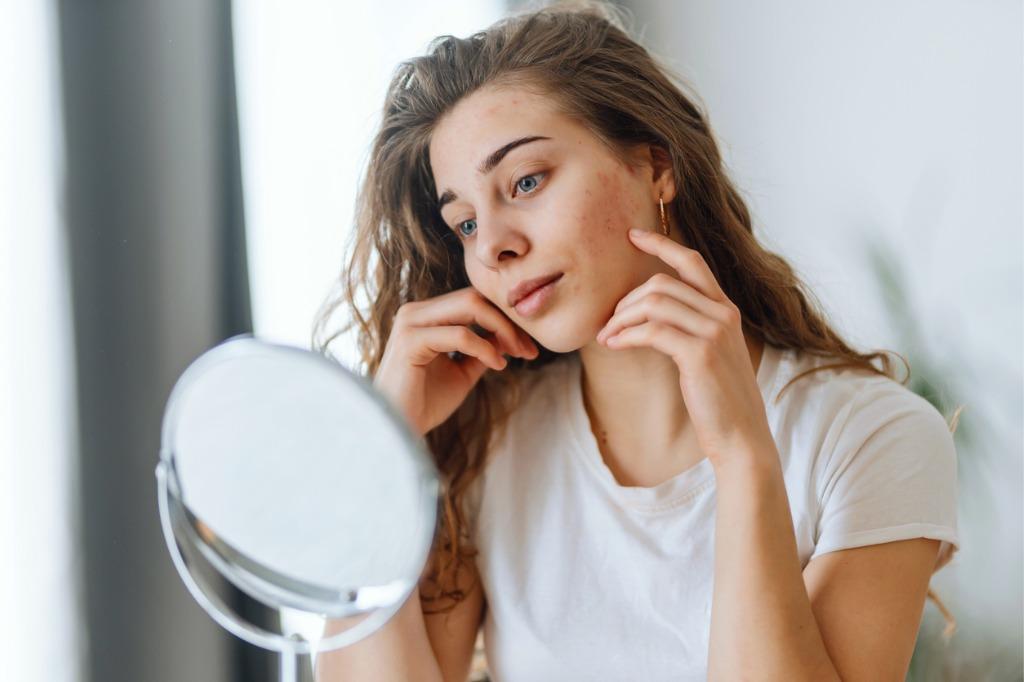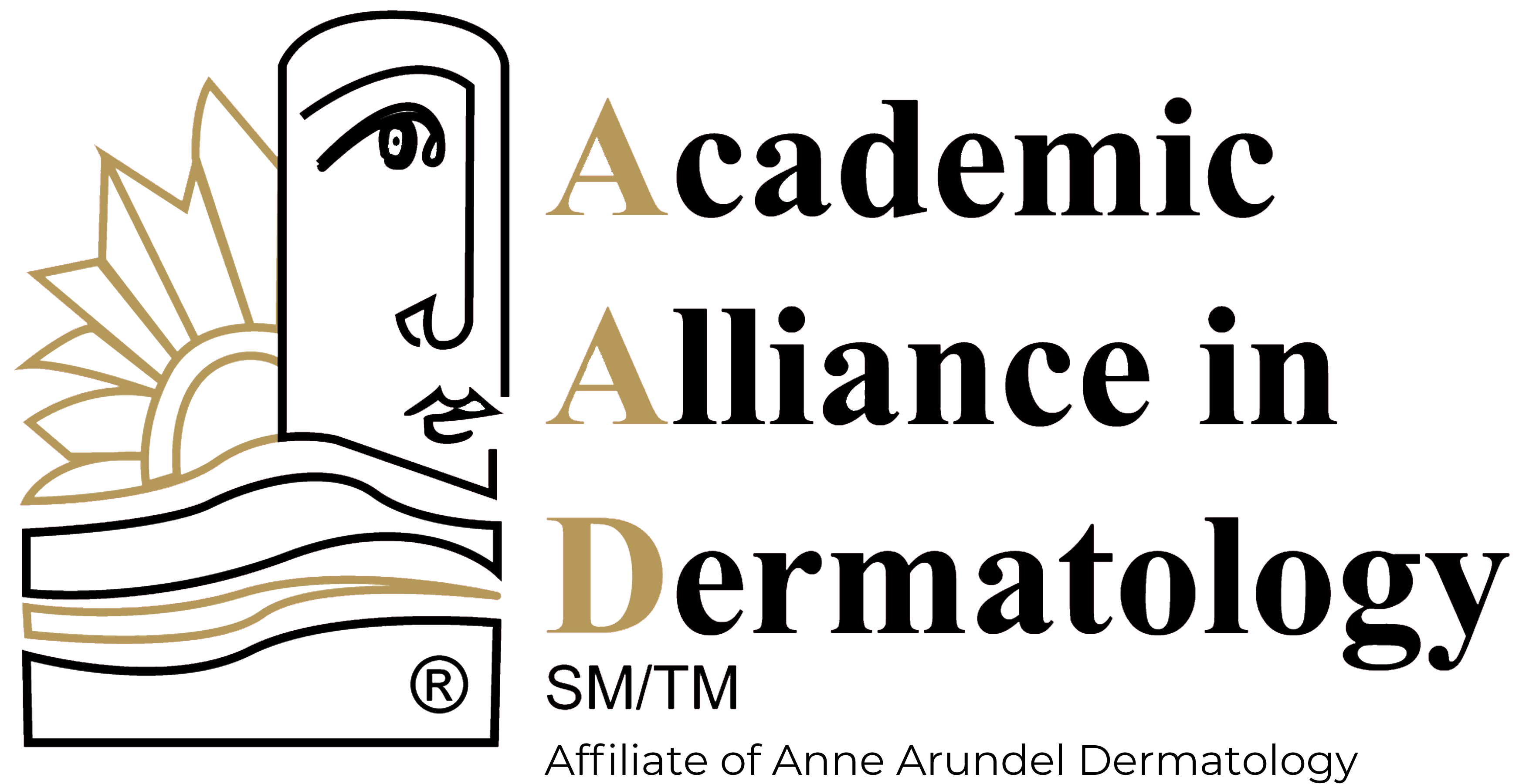Back-to-School Skincare: Acne Treatment for Teens and Young Adults

Are you preparing for an exciting new chapter in high school or college and want to start with clear, glowing skin? Do you dread dealing with persistent acne or acne scarring that seems to resist every DIY remedy? At Academic Alliance in Dermatology, we understand how vital clear skin is for your confidence and self-esteem. So, we’ve created this comprehensive guide to help you find the right acne treatment for teens and young adults.
Understanding Acne: A Deeper Look
Before we dive into specific treatments, let’s first understand what acne is and what causes it. Acne is a common skin condition that occurs when hair follicles become plugged with oil and dead skin cells. These blocked follicles can result in different types of spots, including blackheads, whiteheads, papules, pustules, nodules, and cysts.
Factors contributing to acne include hormonal changes, certain medications, diet, and stress. However, there is growing scientific evidence to suggest that acne’s underlying cause is more complex and involves an interplay of skin inflammation, bacteria, and increased sebum production.
Importance of Professional Help
While over-the-counter products may work for mild acne, persistent or severe acne often requires professional help. Consulting with dermatology professionals, like the experts at Academic Alliance in Dermatology, will help ensure you get a tailored treatment plan to address your specific skin condition.
Aesthetic Treatments for Acne
For those with persistent acne, aesthetic treatments can provide much-needed relief and skin transformation. Below are some of the top aesthetic procedures you can explore.
Chemical Peels
Chemical peels use acids at higher concentrations to deeply exfoliate the skin and clear blocked pores, improving acne and reducing the appearance of acne scars. Studies have shown that chemical peels, especially those containing salicylic acid, are effective against acne.
Light and Laser Therapies
Light and laser therapies can reduce inflammation and kill acne-causing bacteria, reducing acne severity. Plus, they can stimulate collagen production to reduce acne scarring.
Facials
Professional, medical-grade facials can help cleanse your skin deeply, remove whiteheads and blackheads, reduce oil production, and minimize pores.
Microneedling and Microneedling with PRP
Microneedling, sometimes combined with Platelet-Rich Plasma (PRP), can help reduce the appearance of acne scars by stimulating collagen production. This treatment shows promising results in improving acne scars’ appearance.
Medical Acne Treatments
Beyond aesthetic treatments, several medical acne treatments can effectively manage acne. These options include:
Retinoids: These vitamin A derivatives can unclog pores and prevent whiteheads and blackheads from forming.
Antibiotics: These medications can help kill excess skin bacteria and reduce redness and inflammation.
Salicylic acid: This beta hydroxy acid helps to exfoliate the skin and unclog pores.
Accutane: This powerful drug, also known as isotretinoin, is used for severe acne that hasn’t responded to other treatments.
Remember, these treatments should be used under the guidance of a medical provider to ensure safe and effective use.
Start Your Journey to Clear Skin Today
At Academic Alliance in Dermatology, we believe everyone deserves to feel comfortable and confident in their skin. If you’re struggling with acne, don’t go at it alone. Our experienced dermatology providers can help you determine the best treatment plan for your unique skin needs.
Start your journey toward clear skin today by contacting us for a consultation. Together, we can conquer acne and help you step into the school year with newfound confidence. Let’s make this year one to remember – for all the right reasons!
